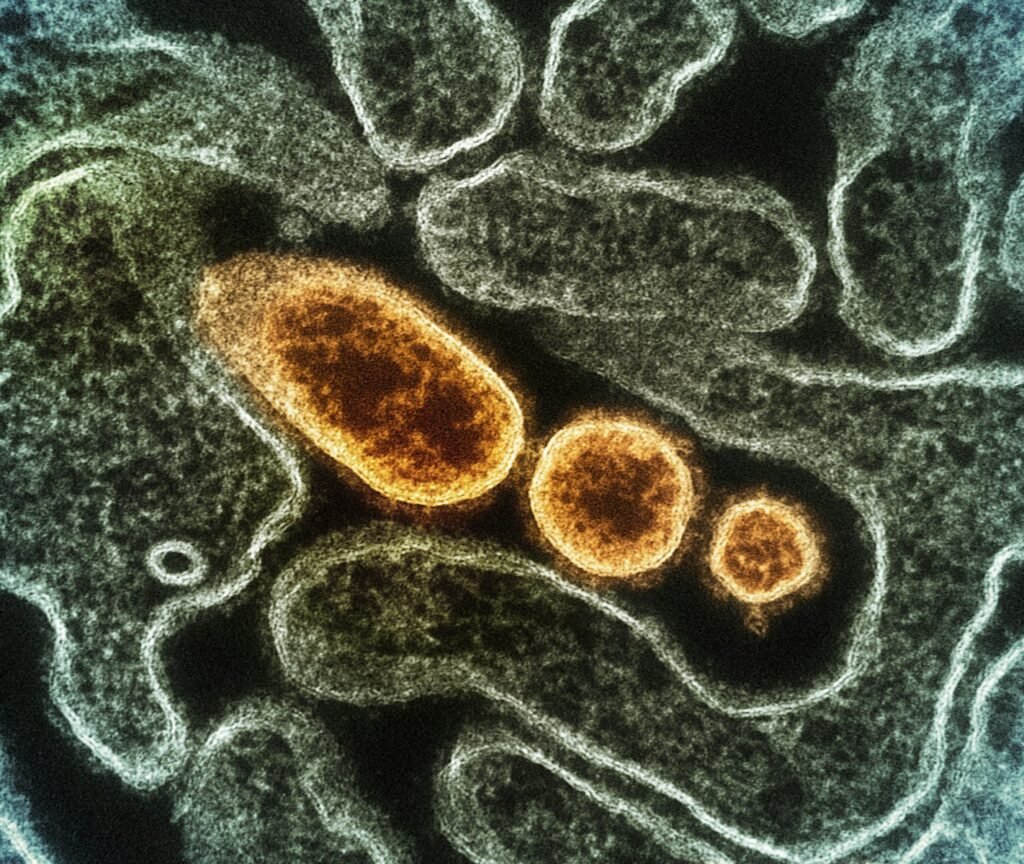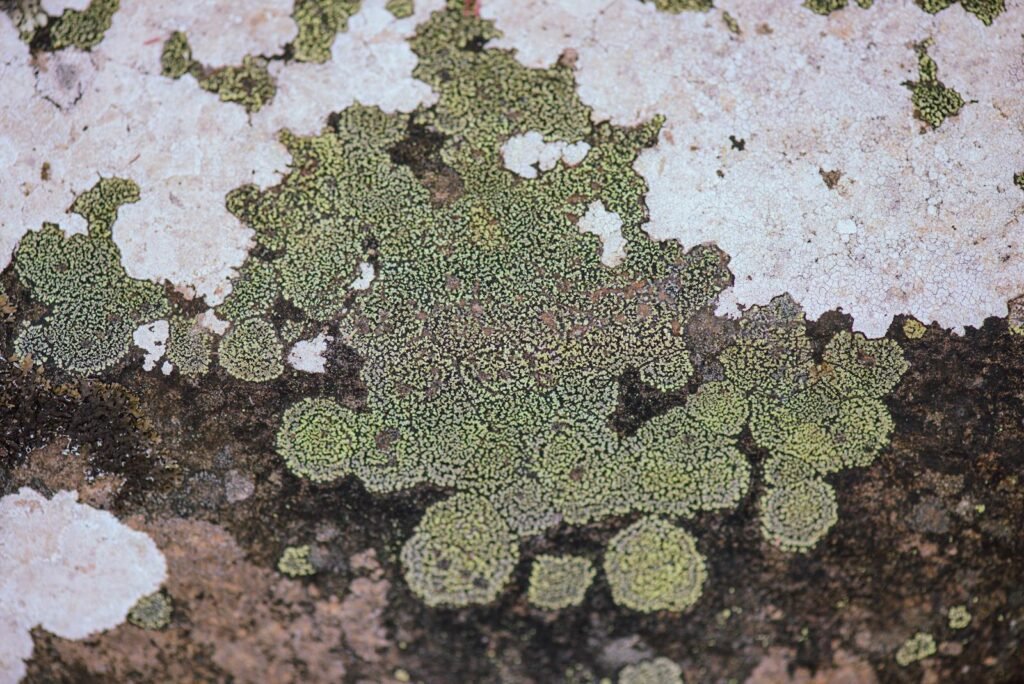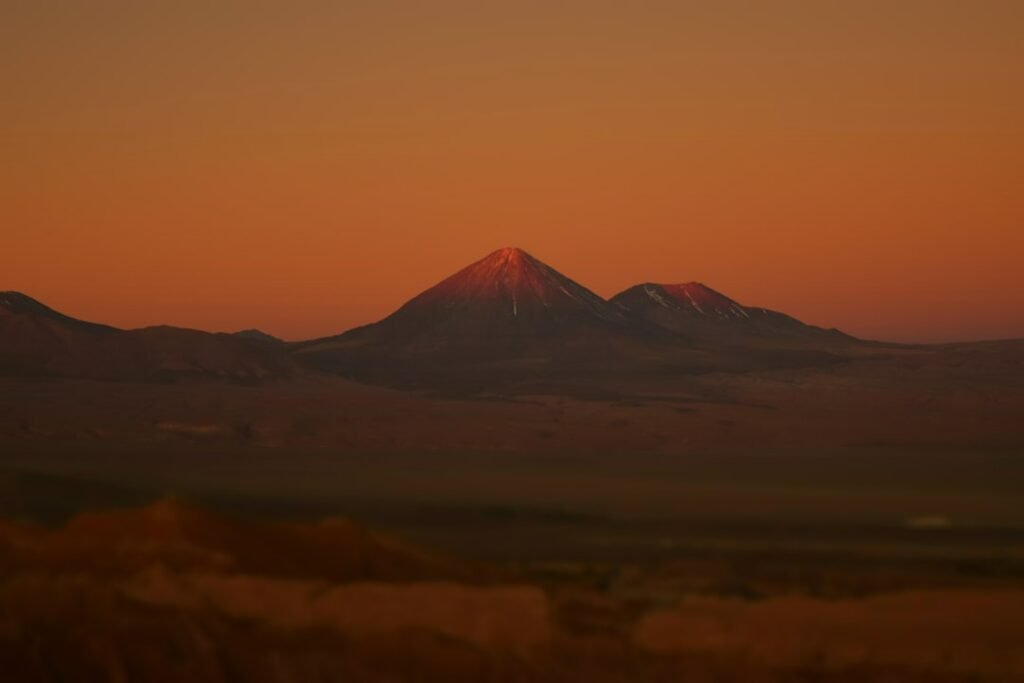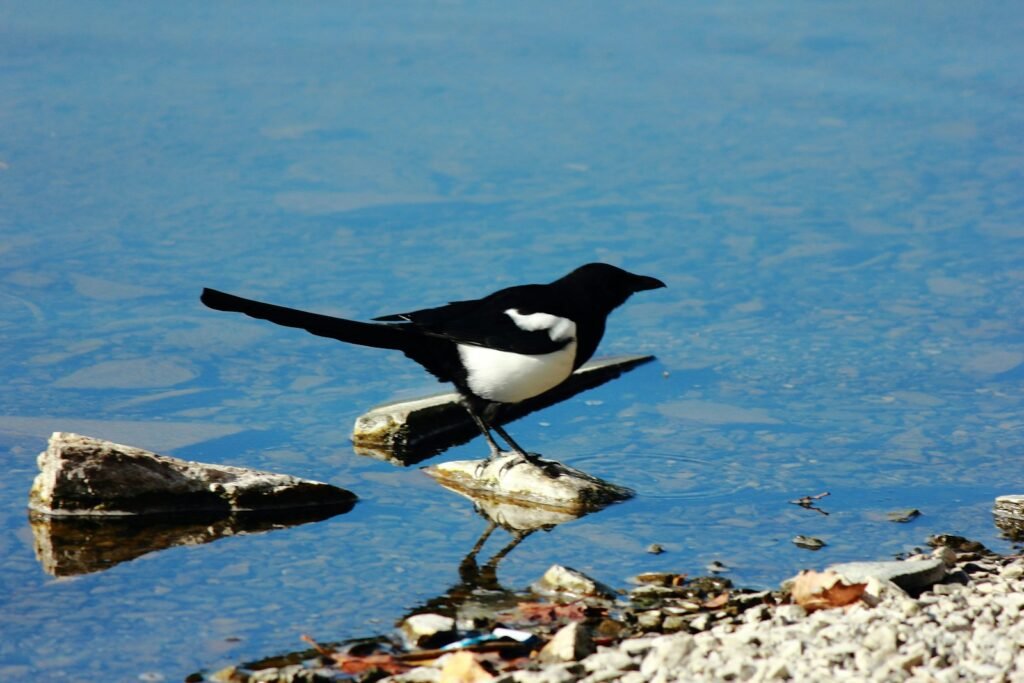Scientists are storing an unusual resource deep in the Swiss Alps that could one day save human waste. The Microbiota Vault, a “doomsday” freezer bank, already has more than 1,200 frozen stool samples. By 2029, it hopes to have 10,000. But why? Modern lifestyles, antibiotics, processed foods, and damage to the environment are all destroying microbial diversity at an alarming rate. This is causing more chronic diseases and the collapse of ecosystems. Researchers say that keeping these gut microbes alive today might be the key to bringing back human health, farming, and even the ability to deal with climate change in the future.
The Invisible Extinction: Why We’re Losing Our Microbial Allies

There are trillions of bacteria, fungi, and viruses in the human gut, and many of them have been living with us for thousands of years. But modern medicine and living in an industrialised world are killing them off. Antibiotics, C-sections, and ultra-processed diets have wiped out important species like Bifidobacterium infantis, which used to be important for the immune system of babies. At the same time, climate change is melting permafrost, which releases and kills ancient microbes that control greenhouse gases.
Scientists say that this “microbial extinction” is like the loss of biodiversity in the animal kingdom, but we can’t see it. Dr. Martin Blaser of Rutgers University says, “Human activities are depleting our microbiome, and there is a lot of evidence for that.” What will happen? Gut dysbiosis has been linked to rising rates of asthma, diabetes, and autoimmune diseases.
The Poop Vault: A Backup for Humanity’s Gut Flora

The Microbiota Vault in Switzerland is freezing stool samples at -80°C (-112°F) to protect microbial diversity. It was inspired by Norway’s Svalbard Seed Vault. Since 2018, it has collected more than 1,200 samples from Benin, Brazil, Ethiopia, and other places, focusing on Indigenous and rural communities whose microbiomes have not been as affected by industrialisation.
It’s not just about storage; it’s about making medicine last. In trials, freeze-dried faecal matter has already shown to be effective against deadly Clostridioides difficile infections, with a 90% cure rate. Researchers think that preserved microbes could one day help with autoimmune diseases, obesity, and even getting older by “rewilding” guts that have been depleted.
From “Dirty Martinis” to Medical Miracles: The Science of Fecal Transplants
Faecal microbiota transplantation (FMT) isn’t a new Chinese medicine from the 4th century that treats food poisoning with “yellow soup.” But modern science has turned it into a treatment that can save lives. Dr. Ari Grinspan at Mount Sinai Hospital says the process is like making “the world’s dirtiest martini” by mixing donor stool with saline and giving it through a colonoscopy or capsule.
Recent research shows that freeze-dried poop samples stay potent for more than a year. In fact, 70% of mice infected with C. difficile survived better than frozen samples. The main thing? Keeping not only bacteria but also their metabolic byproducts, such as short-chain fatty acids, which control inflammation and immunity.
Beyond Poop: Fermented Foods and Environmental Microbes

The vault isn’t just a place to keep money; it’s also a place to keep more than 200 fermented foods, such as kimchi and kefir, that are full of lactic acid bacteria that help with digestion and fight germs. In the future, we want to store soil and plant microorganisms to help ecosystems that have been hurt come back. For example, the Methanoflorens stordalenmirensis bacterium in permafrost helps control how much methane is released. If it goes away, climate change could happen faster.
“We need microbial arks just like seed banks to protect crops,” Dr. Blaser said. “These microbes could stop a big disaster from happening in 100 years.”
Ethical Dilemmas: Who Owns Your Microbiome?

The project brings up tough issues. Should companies get patents on microbes they save? Do Indigenous groups have control over the samples they give? The Microbiota Vault is a non-profit that gives depositors full control over their samples and doesn’t allow them to be used for business purposes. But as Harvard scientists look into “poop banking” for personalised FMTs, the line between therapy and making money becomes less clear.
The Long Game: A Legacy for Future Generations
The vault’s real worth might not be known for decades. Scientists compare the current state of technology to the discovery of penicillin in 1928, which was a tool whose full potential wasn’t realised until later. The team says, “It is our duty to future generations” to protect this “invisible heritage” before it is lost forever.
As the vault grows to 10,000 samples, its message is clear: What we flush down the toilet today could affect the health of people in the future.
Sources:

Suhail Ahmed is a passionate digital professional and nature enthusiast with over 8 years of experience in content strategy, SEO, web development, and digital operations. Alongside his freelance journey, Suhail actively contributes to nature and wildlife platforms like Discover Wildlife, where he channels his curiosity for the planet into engaging, educational storytelling.
With a strong background in managing digital ecosystems — from ecommerce stores and WordPress websites to social media and automation — Suhail merges technical precision with creative insight. His content reflects a rare balance: SEO-friendly yet deeply human, data-informed yet emotionally resonant.
Driven by a love for discovery and storytelling, Suhail believes in using digital platforms to amplify causes that matter — especially those protecting Earth’s biodiversity and inspiring sustainable living. Whether he’s managing online projects or crafting wildlife content, his goal remains the same: to inform, inspire, and leave a positive digital footprint.




